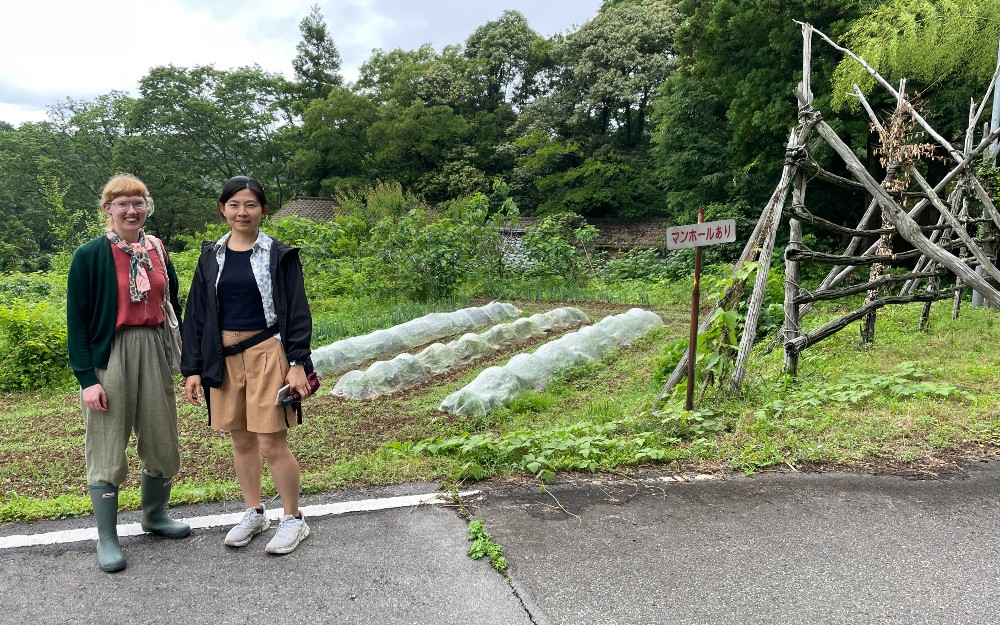
The House of Commons Environment, Food and Rural Affairs Committee (EFRA) has today launched its report, “The future for food, farming and the environment”, following its inquiry into the implications of the Government’s proposals set out in its ‘Health and Harmony: the future for food, farming and the environment in a Green Brexit’ consultation paper published in February 2018.
The Health and Harmony paper outlines the Government’s ambitions to “provide better support for farmers and land managers who maintain, restore, or create precious habitats for wildlife”. The EFRA Committee undertook an inquiry and sought witnesses’ opinions and expertise on the implications of the Government’s plan for the future and today’s newly published report represents their assessment.
In order to conduct its inquiry, during April and May 2018, the EFRA Committee took oral evidence from six panels of witnesses to hear different sectors’ analyses of the Government’s proposals. CCRI Director, Professor Janet Dwyer, was one of the experts invited to give oral evidence to the Committee and is quoted several times in its report.
The Health and Harmony paper outlines Defra’s plan to phase out Direct Payments to farmers and landowners to create “a more dynamic, more self-reliant agriculture industry” and Janet’s evidence is first quoted on page 5 of the EFRA report, when she told the Committee that:
“The impact of the loss of direct payments is going to vary by sector, by scale of operation, by type of farming and by geography and the natural conditions under which farms operate. You get a very marked difference between the level of dependence on direct payments according to those factors.”
In addition, the Committee heard from many witnesses that small and medium farms will suffer disproportionately from the loss of Direct Payments and with regard to family-run farms, Janet highlighted that there could be a wider effect on the rural economy. She is quoted in the report:
“You put those sorts of businesses in a vulnerable position and the impact on the wider economy is greater, not just in monetary terms but in social and community terms as well.” (page 6)

Moving on to the timeframe of the transition to the new scheme, Janet supported a longer period than the suggested 5 years and highlighted a potential environmental risk arising from too quick a policy change. She drew parallels to the approach taken when the historic payments system moved to an area-based payments system with decoupling in 2005:
“Defra took the decision to phase that over 10 years and to do it gradually, so that farmers knew that that was happening and had that period of time in which to adjust and to make plans.” (page 9)
The consultation paper states that it wants to help farmers and land managers in remote areas, suggesting diversification into energy generation, tourism and commercial forestry. But having a diversified farm business does not necessarily mean it will be successful, and Janet explained to the Committee that the best strategy to diversification is where two, or more, businesses can support each other such as an increase in tourism creating a market for farm products. Janet’s work on the evaluation of the last rural development programme for England showed that:
“Successful diversification strategies were when they were done in larger-scale partnerships of different organisations working together and planning at a strategic level”. (page 13)
This means businesses develop where there is real market need rather than copying each other and saturating the market.
Regarding skills and training, Janet said that training by farmers in business skills and business development can get overlooked by a focus on technical skills. She described the positive approach taken elsewhere in Europe where farmers work together on particular issues that interest them. (page 16)
The Government’s paper proposes that the new agricultural policy will be underpinned by the payment of public money for the provision of public goods. It suggests that environmental public goods could include improved soil health, improved water quality, better air quality, increased biodiversity, climate change mitigation and enhanced beauty, heritage and engagement. A lack of discussion of food security and food production in the consultation has been criticised by some organisations and a number of organisations highlighted the importance of integrated approaches that deliver sustainably produced food, rather than bolt-on conservation projects. Janet told the Committee:
“We should not be seeing this as a situation where there is a trade-off between public support for keeping people managing the land and food production and profitable food production. The two things have to work together. They have to be synergistic.” (page 19)
The overall conclusion of the report was support for the level of ambition in Defra’s consultation on the future for food, farming and the environment and support for its aim to create a new funding model for agriculture based on using public money to pay for public goods, though concerns were raised at the absence of detail in the consultation. Without clarity on funding, timing and delivery of the future agricultural policy, it was felt that there was is a risk that Defra’s welcome ambitions will not be met. The Committee hopes to receive clarification and the opportunity to provide pre-legislative scrutiny before the introduction of the Agriculture Bill.
The full report can be found here.




